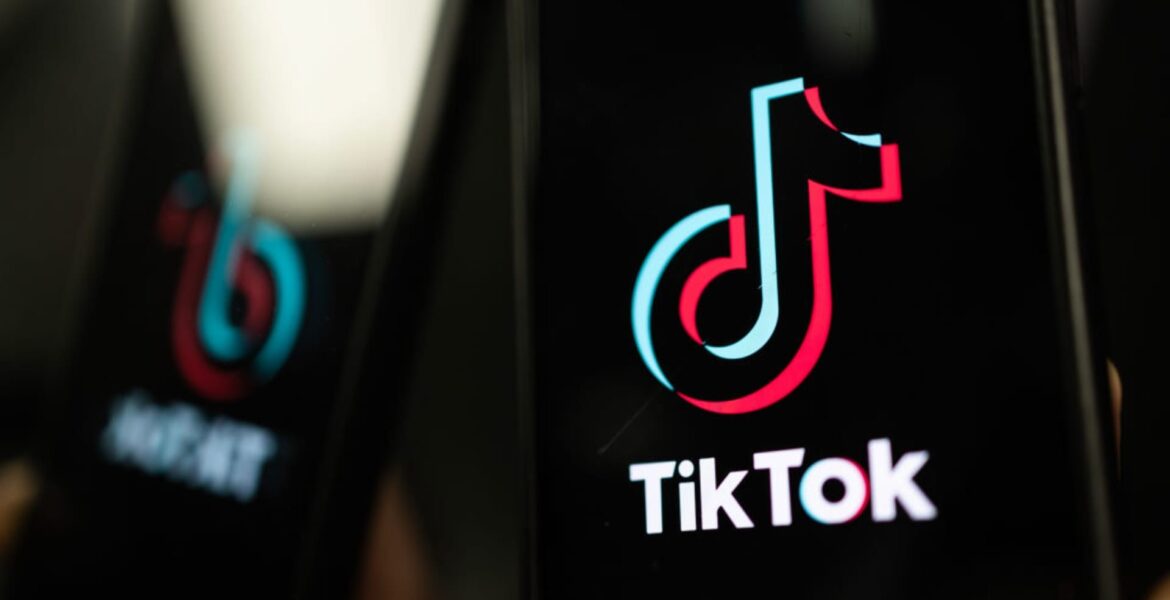The Supreme Court appears poised to support a law that could compel TikTok to either sell its U.S. operations or cease operations entirely. This potential decision stems from concerns that the platform's Chinese owner, ByteDance, might be compromising American user data.
The U.S. government argues that the law is essential to prevent espionage and disinformation. However, critics warn that it could present significant First Amendment challenges.
In the courtroom, Solicitor General Elizabeth Prelogar contended that security risks persist regardless of ownership, suggesting the U.S. aims to protect citizens' data and privacy. On the other side, TikTok's attorney, Noel Francisco, argued that the proposed law is an unconstitutional infringement on free speech, masked as a national security measure.
This bipartisan law arose over concerns about potential spying and propaganda. Americans are closely observing the case, which involves classified evidence not fully disclosed to the public.
The Justices signaled that a ruling might pressure ByteDance to divest TikTok, potentially resolving national security concerns without disrupting access to the app.
A decision is anticipated next week, which could significantly influence how the U.S. addresses foreign-owned digital platforms in the future.
Until then, TikTok users can continue enjoying the app, possibly for a limited time.

